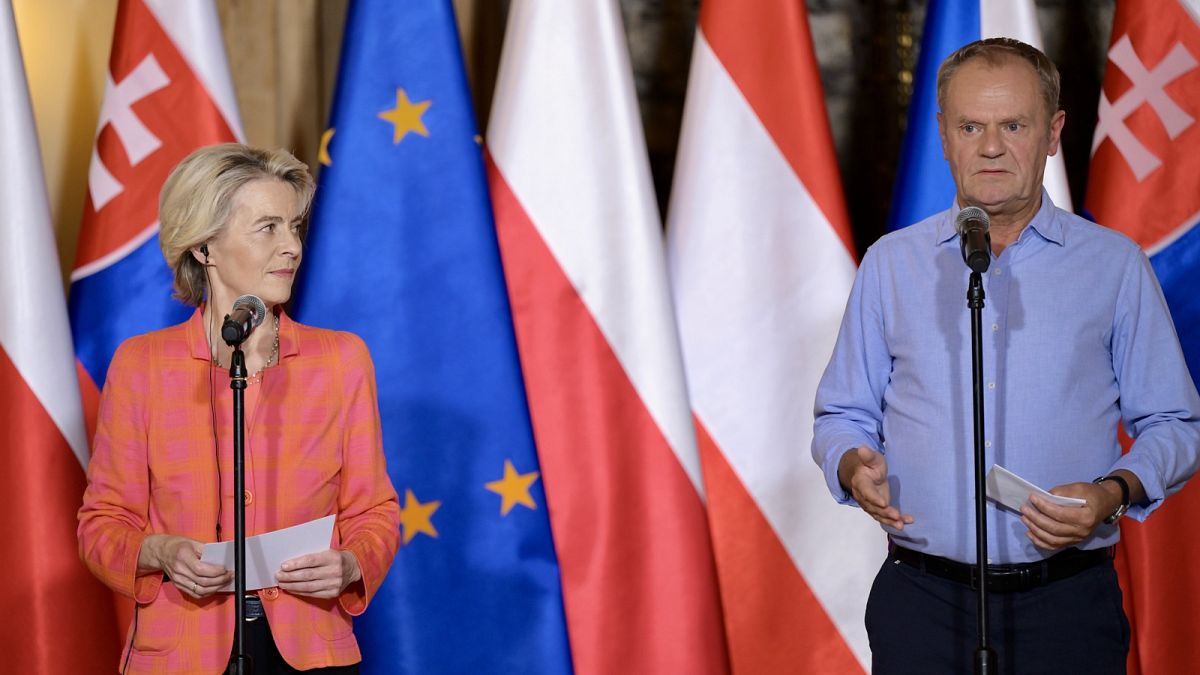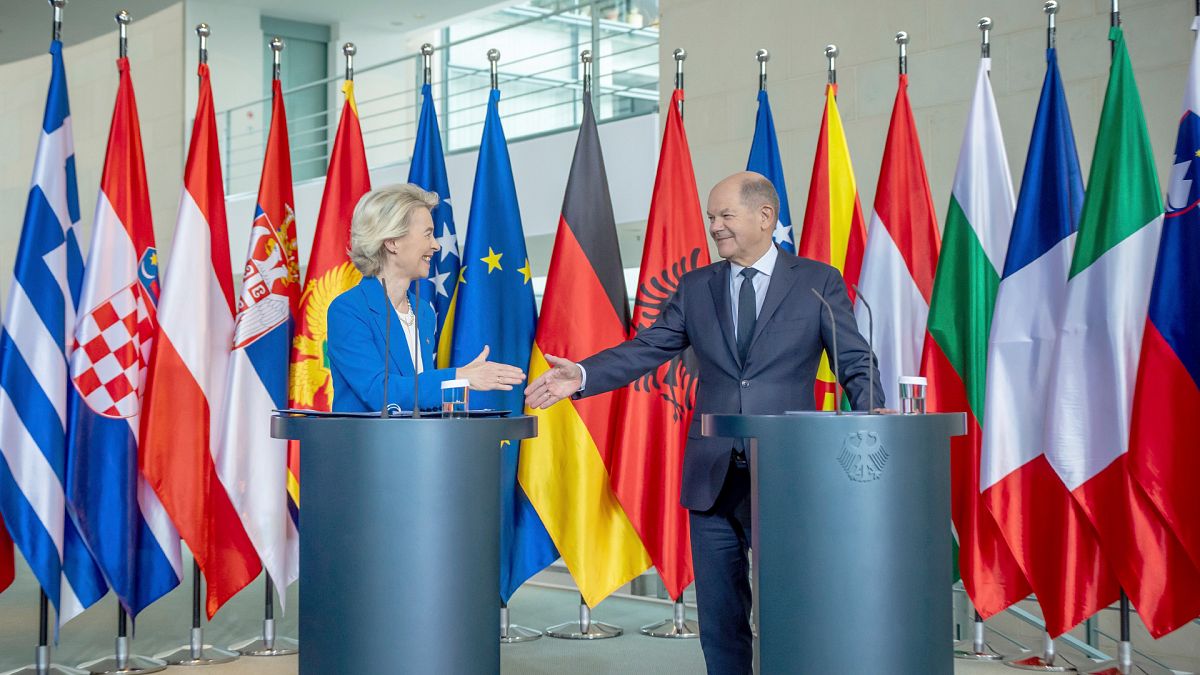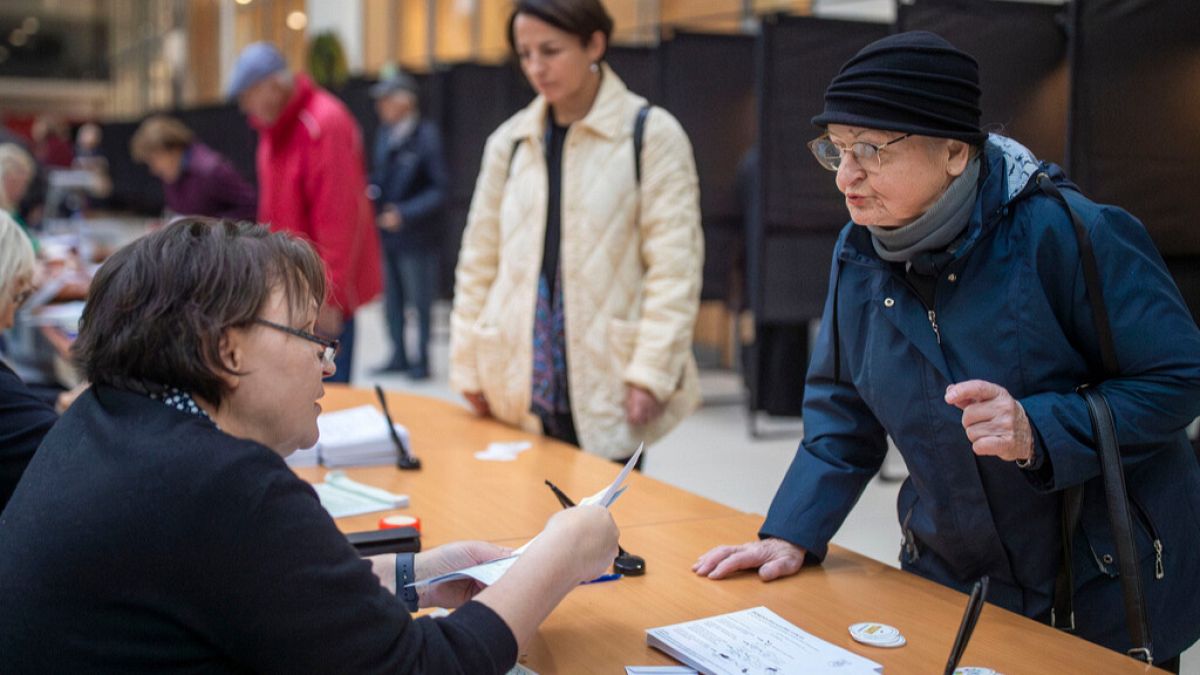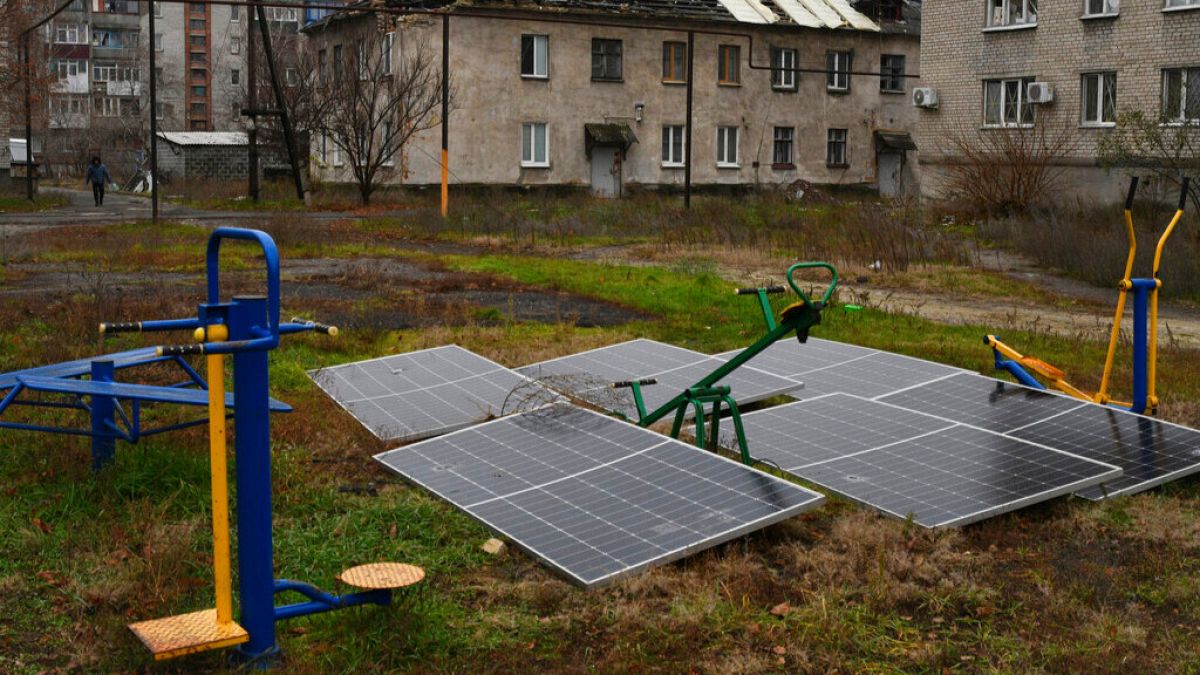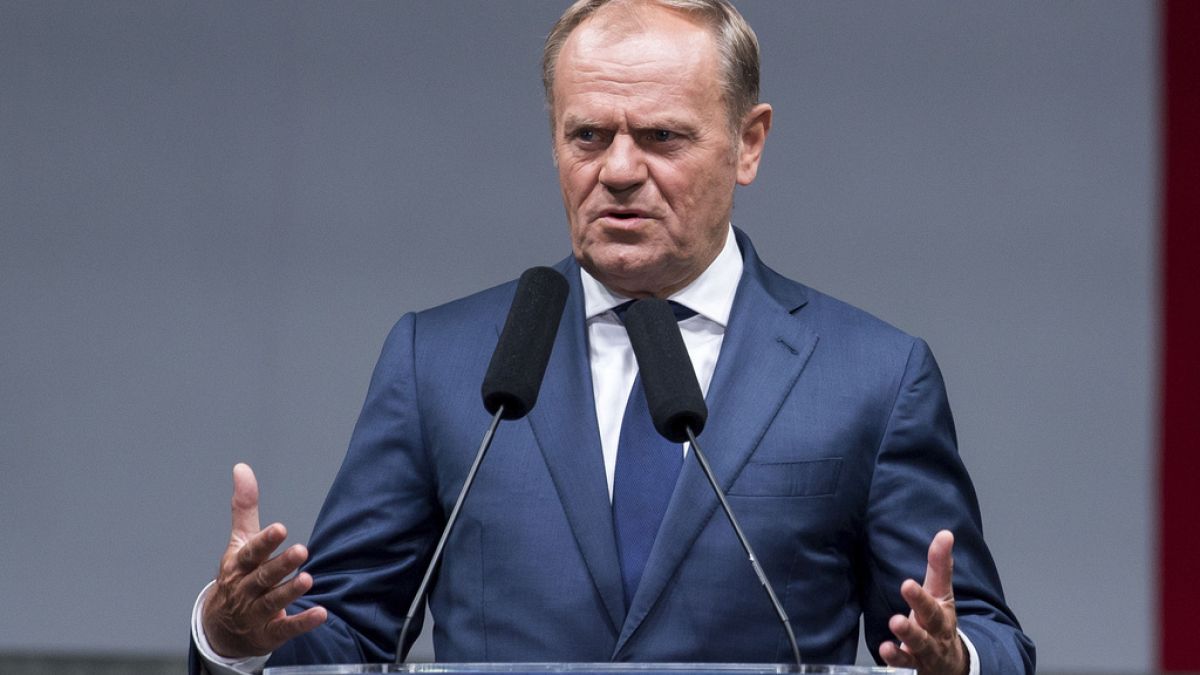Donald Tusk’s plan to implement a “temporary territorial suspension of the right to asylum” has been met with disapproval in Brussels.
The European Commission has reminded Poland of its obligation under EU and international law to provide access to the asylum procedure under all circumstances, effectively disapproving Prime Minister Donald Tusk’s new strategy to institute a “temporary territorial suspension of the right to asylum”.
Tusk said his plan, which is scheduled to be officially unveiled on Tuesday, was necessary to combat the migration flows instrumentalised by Russia and Belarus, which Poland has experienced since August 2021. Border crossings have increased in recent weeks, without reaching the numbers seen at the peak of the crisis.
The prime minister’s announcement made immediate headlines, coming at a politically fraught time when European governments show increasing boldness in their attempts to curb irregular migration, testing the limits of well-established legal norms.
“It is important and imperative that the Union is protecting the external borders and, in particular, from Russia and Belarus (who are) undermining the security of the EU member states and of the Union as a whole,” a Commission spokesperson said on Monday.
“At the same time, member states have international and EU obligations, including the obligation to provide access to the asylum procedure.”
Countering hybrid attacks and ensuring asylum rights are not “mutually exclusive” tasks, the spokesperson added.
The right to asylum has long been recognised under international law, dating back to the 1951 Refugee Convention. It was later included in the EU’s Charter of Fundamental Rights, which has the same legal weight as the EU treaties.
The right does not ensure the application is automatically accepted: instead, it compels governments to accept asylum claims, analyse them with due diligence and issue a reasoned decision, with the possibility of appeal.
International law also establishes the principle of non-refoulement, which forbids authorities from deporting migrants to nations where they could face persecution, torture or any other form of ill-treatment.
In his remarks on Saturday, Tusk said he would demand “recognition in Europe” for his decision to establish a “temporary territorial suspension of the right to asylum.”
“We know very well how it is used by Lukashenko, Putin… by people smugglers, people traffickers, how this right to asylum is used exactly against the essence of the right to asylum,” he said speaking at a convention of his centrist Civic Platform.
“Poland must take back 100% control over who comes to Poland.”
Tusk’s policy echoes the emergency law that Finland introduced in July to fight against instrumentalised migration. If triggered, the law will allow border guards to “immediately” remove asylum seekers and refuse access to the asylum procedure. Legal experts and humanitarian organisations have warned the bill legalises pushbacks.
Warsaw says no to the Pact
Tusks’s speech, which observers have described as an electoral maneuver to contain the hard-right opposition, took aim at the New Pact on Migration and Asylum, the sweeping reform the bloc completed in May after almost four years of hard-fought negotiations.
Poland, like Hungary, voted against the five laws that make up the Pact. Their firm opposition hones in on a novel system of “mandatory solidarity” that will give countries three different options to manage asylum seekers: relocate a certain number, pay €20,000 for each applicant they refuse to take in, or finance operational support.
The Pact will enter into force in mid-2026. Before then, capitals are expected to put forward national plans to guarantee the correct implementation of the complex set of legislation. But according to Tusk, Poland will not be among the participants.
“We will not implement European ideas if we are sure that they threaten our security,” he said on Saturday.
In reaction, the Commission said the Pact, after being approved by the European Parliament and the Council, is “binding” for all 27 member states.
The reform features the Crisis Regulation to cope with sudden mass arrivals and instances of instrumentalisation, as the ones Poland and the Baltics have experienced. Under the regulation, countries will have additional time to register and examine asylum claims without letting applicants into national territory.
“Nevertheless, we still have maintained, as throughout (the process), the obligation to ensure access to asylum procedures,” the spokesperson noted.
Migration will be one of the most prominent topics – if not the most – during a summit of EU leaders on Thursday.
The last few months have seen a rapid succession of developments in migration policy, including Germany’s re-introduction of border controls, the Netherlands’ (rejected) request for an opt-out clause, and Hungary’s threat to bus migrants “free of charge” to Belgium in retaliation for an ECJ ruling.
Last week, a group of 17 European countries signed a document calling for a “paradigm shift” in the deportation of rejected asylum seekers. France’s new Interior Minister Bruno Retailleau said that “all innovative solutions must be used.”
In 2023, the EU detected 380,000 irregular border crossings and received about 1,140,000 claims for international protection. This means most asylum applications were filed by people who had arrived in the bloc via legal channels.



